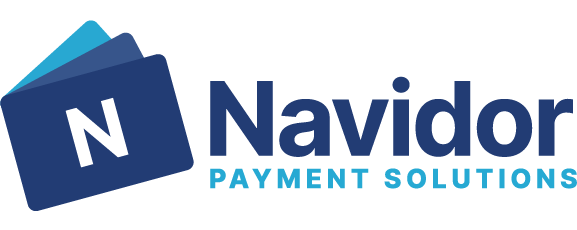When setting up payment processing, businesses often come across Independent Sales Organizations (ISOs) and Independent Software Vendors (ISVs). While both play essential roles in the industry, their functions, focus, and value to businesses are very different.
Understanding these differences can help you make the right choice for your payment strategy.
What is an ISO?
An Independent Sales Organization (ISO) is essentially a middleman between merchants and payment processors/acquiring banks. ISOs help businesses set up and manage their merchant accounts, ensuring they can accept credit card payments efficiently.
What ISOs Do:
- Set Up Merchant Accounts – Helping businesses get approved for payment processing.
- Provide Payment Solutions – Offering POS systems, mobile payments, and e-commerce options.
- Ensure Compliance & Security – Assisting with PCI DSS compliance and fraud prevention.
- Offer Ongoing Support – Handling transaction issues, disputes, and account management.
Who Benefits from an ISO?
- Businesses new to payment processing that need guidance.
- Companies looking for a direct payment partner
- Merchants who want hands-on support for their transactions.
What is an ISV?
An Independent Software Vendor (ISV) is a company that develops software with built-in payment capabilities. Instead of selling payment services directly, ISVs create industry-specific solutions that seamlessly integrate payments into business operations.
What ISVs Do:
- Develop Business Software – POS systems, billing tools, and CRM platforms.
- Integrate Payment Processing – Allowing businesses to accept payments within their software.
- Provide Customization – Offering industry-specific tools (e.g., retail, healthcare, hospitality).
- Ensure Ongoing Updates & Support – Keeping software optimized, secure, and compliant.
Who Benefits from an ISV?
- Businesses that need advanced software with payment integration.
- Companies looking for industry-specific solutions beyond basic payment processing.
- Merchants who already have a processor but need seamless integration.
ISO vs. ISV: Key Differences
| Feature | ISO | ISV |
|---|---|---|
| Main Function | Provides merchant accounts & payment processing | Develops software that integrates payments |
| Focus | Transactions, compliance, and customer support | Business software with embedded payments |
| Best For | Businesses needing a payment processor | Businesses needing software with payments included |
How We Help Businesses Choose the Right Partner
At Navidor Payment Solutions, we guide businesses through the complexities of ISOs and ISVs, helping them find the best fit for their needs.
How We Make Payment Processing Easier:
✔ Tailored Solutions – Helping you choose between an ISO or ISV based on your business model.
✔ Lower Costs & Higher Efficiency – Finding the most cost-effective and streamlined payment setup.
✔ Full Compliance & Security – Ensuring your payments meet all regulations.
✔ Ongoing Support – We’re here to help every step of the way.
Summary
If you need a payment processor and direct merchant support, an ISO is the way to go.
If you’re looking for software that integrates payments seamlessly, an ISV is your best bet.
Not sure which one fits your business? We’ll help you navigate the options and find the perfect solution.
Contact us today!


